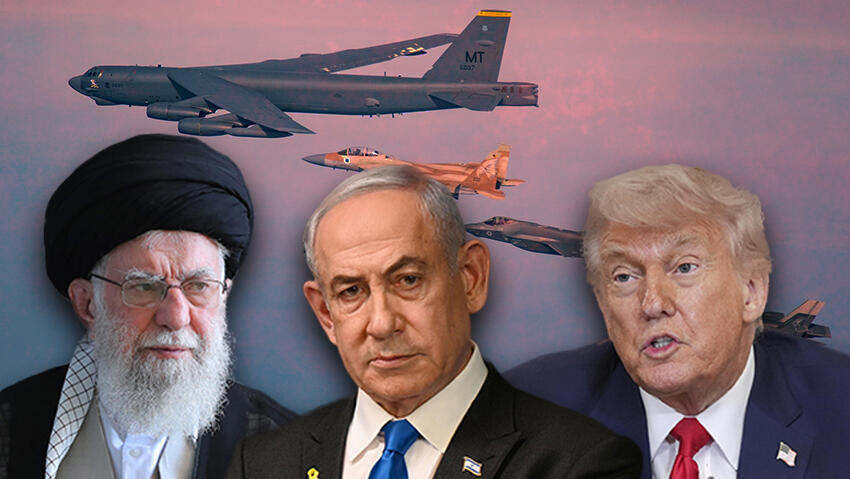The United States has ordered non essential diplomats and service members to leave several sites in the Middle East as strain with Iran mounts. The move affects Iraq, Bahrain, and Kuwait. Officials said they acted in response to stalled talks over Iran’s nuclear plans. They added that unrest might spread and threaten U.S. interests and personnel in the region.
On June 12, the State Department instructed its embassy in Baghdad to cut back to core staff. It said the decision followed a fresh warning from Tehran’s military leadership. The Iranian defense minister had said bases hosting U.S. forces were “within our reach” if negotiations failed. The department noted that commercial flights or military transport would carry staff and dependents out of the country at no cost.
In parallel, Defense Secretary Pete Hegseth approved a plan allowing military families to leave voluntarily from U.S. installations in Bahrain, Kuwait, Qatar, Syria, and the United Arab Emirates. He stressed that no single event triggered the decision. Instead, he pointed to a pattern of threats from Iran backed groups in Iraq and Syria. He also cited growing missile tests and hostile drills near American bases. Families may move to anywhere in the 50 states, the District of Columbia, or U.S. territories.
Iraqi authorities did not agree with the U.S. view on security. One official told state radio that Iraq had not seen signs that would force a pullback of embassy staff. He said both sides were talking to each other to calm fears. Yet the U.S. said it must act on its own threat picture. The Pentagon confirmed it stood ready to help with extra airlift or sea transport if needed.
Meanwhile, Israel has warned it may strike Iran’s nuclear sites if talks collide with hard lines. Reports say the Israeli air force has staged drills and moved munitions into position. The prime minister argued that halting Iran’s nuclear work now would ease the chance of a larger clash. But some experts cautioned that any strike could lead Tehran to lash out at U.S. or allied targets in the wider region.
In Washington, lawmakers debated the pullback orders. Some senators praised the move as prudent and said it showed the U.S. would not ignore clear threats. Others warned that scaling back staff and family ties might weaken U.S. influence and deterrence in the region. They said America needs a visible presence to back partners and monitor events.
The administration said it still hopes the indirect talks in Oman will yield a deal in the next weeks. U.S. negotiators want Tehran to halt enrichment, remove advanced centrifuges, and clear out most enriched fuel. Iran seeks a gradual lifting of sanctions and release of frozen assets in return for limited nuclear work. So far, both sides remain far apart on key steps.
For now, the drawdown will reduce embassy roles and limit the visits of military advisors. The moves may calm U.S. families and staff. But they also signal rising alarm over Iran’s posture. As the region waits on the next round of talks, officials say they will keep watch and adjust plans if the threat level changes.

